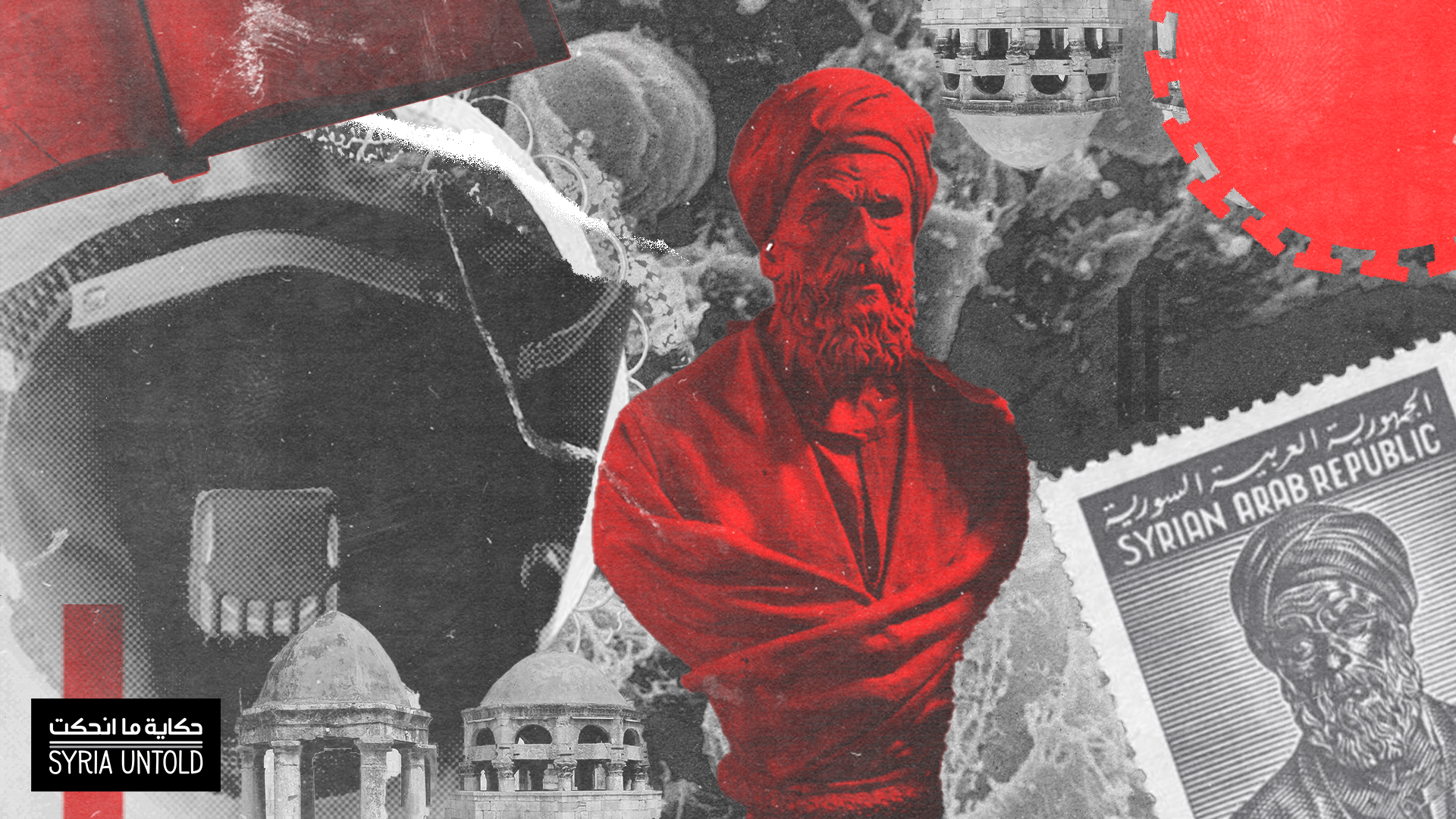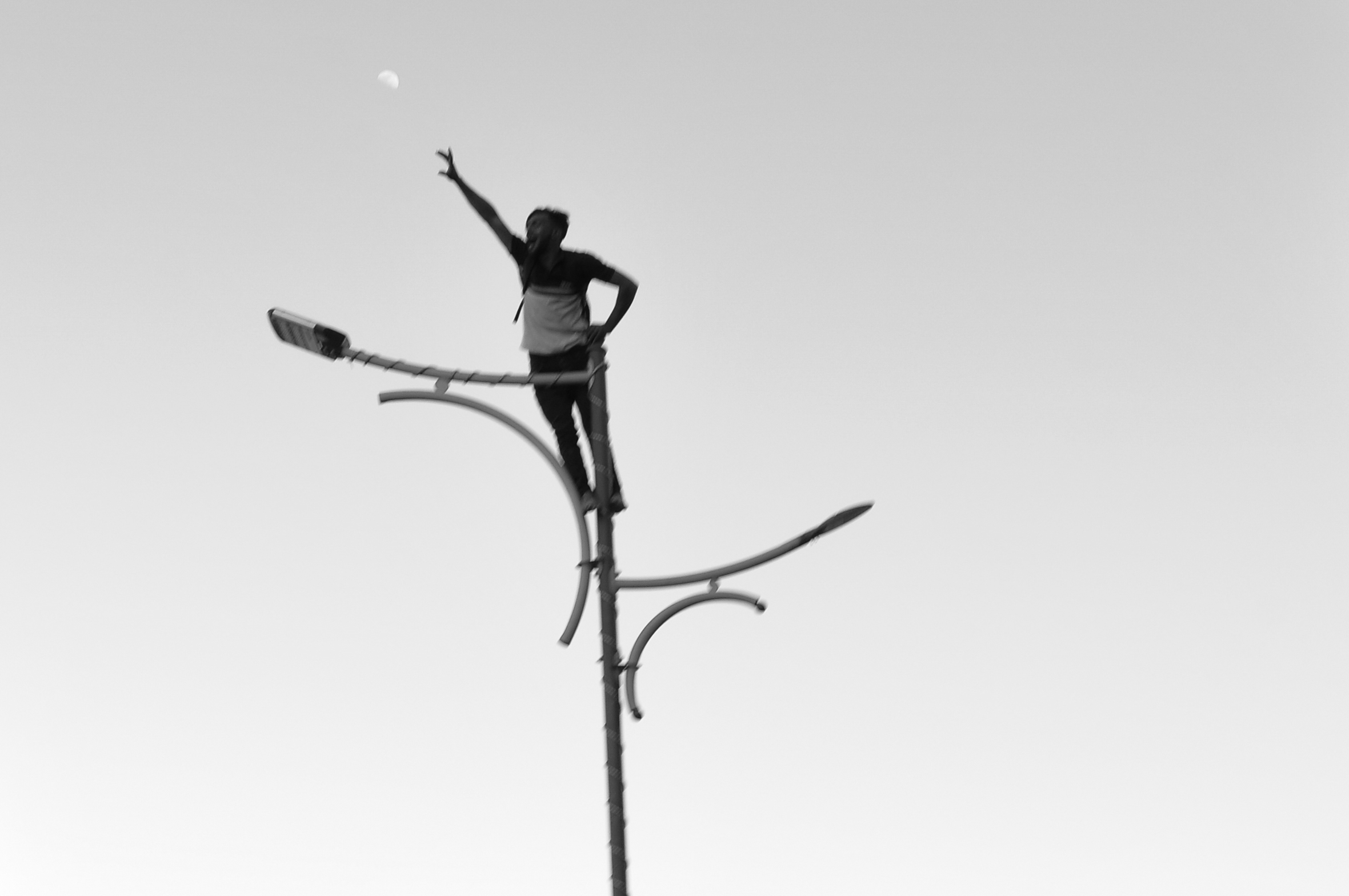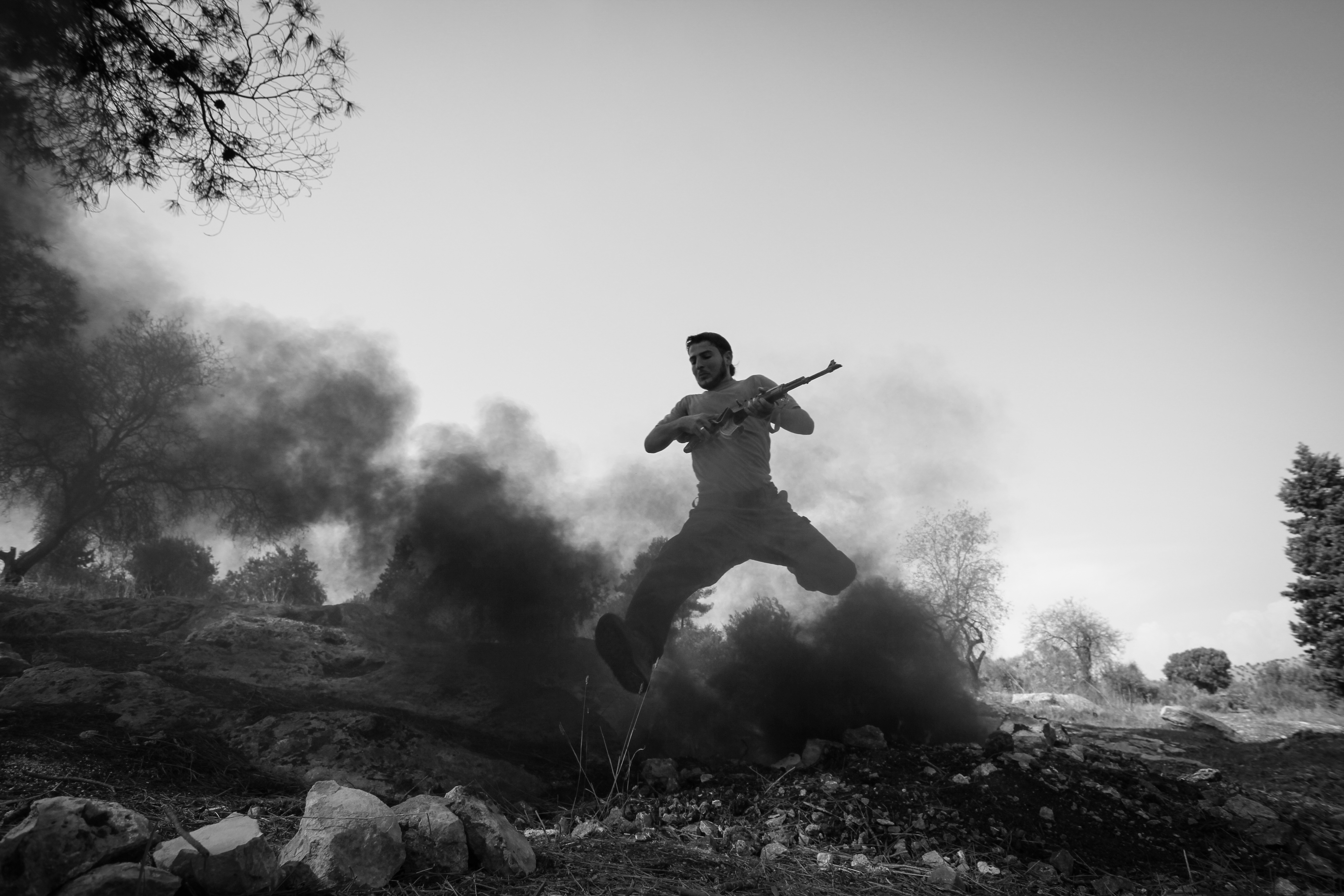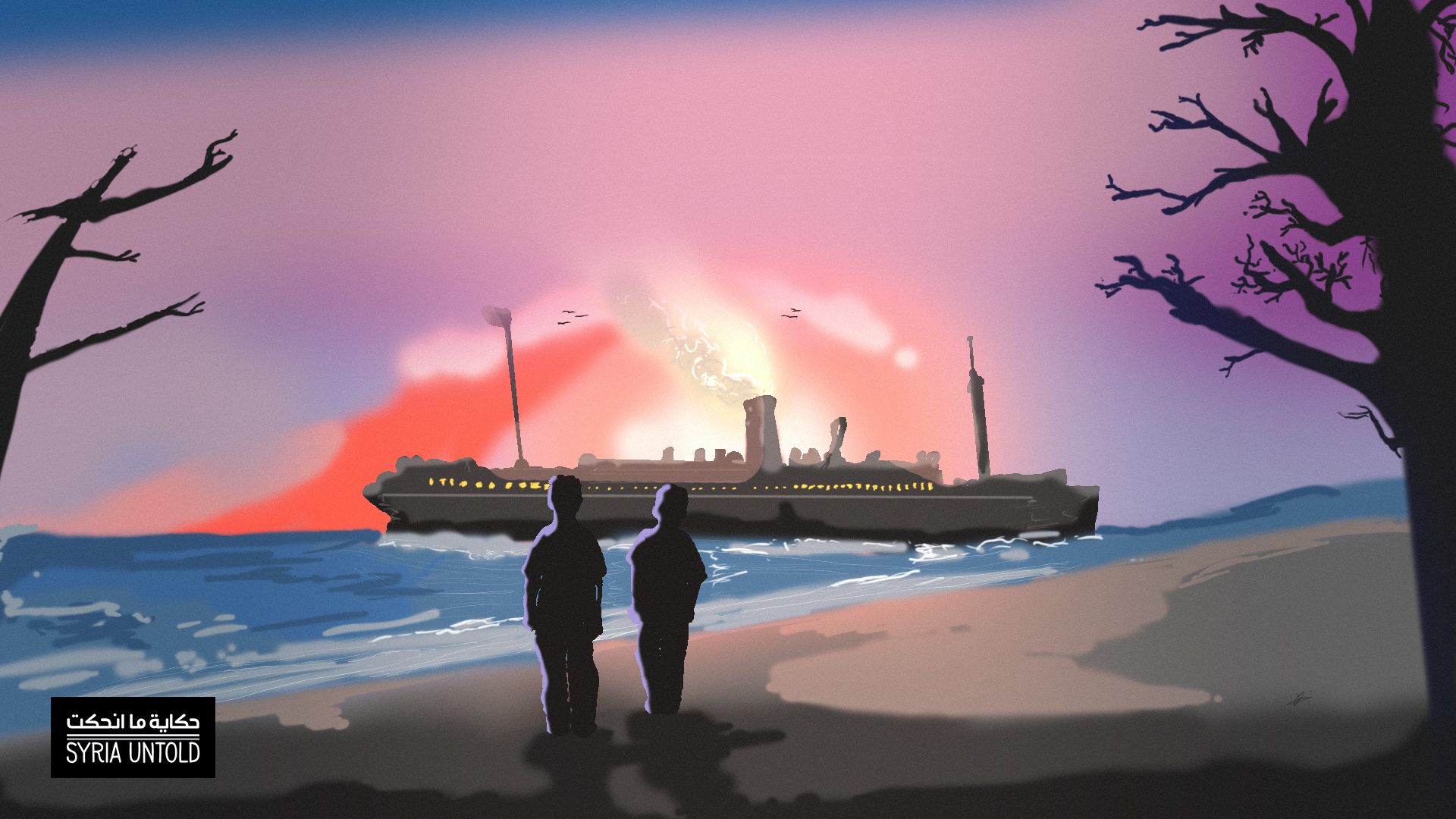Syria through British eyes (The Markaz Review)
“We collected stamps, we read books and comics, Tin Tin and Asterix, Superman and Mickey Mouse all in Arabic, as well Khalil Gibran, who in the west is classed as New Age literature and in the Levant as local literature read by young and old. We also read the risqué novels, travel writing and love stories of the Syrian writer Ghada El-Samman and many other writers from both Syria and the entire Arab world past and present, such as Hanna Mina and Adonis — both world writers who were born in the vicinity of Latakia. Our bookshops carried the iconic British Lady Bird series in Arabic and an endless number of Russian classics, as well as Dickens, Victor Hugo, the Koran, the Bible and modern and medieval Arab poetry.” Read more
Returning to Abu Alaa al-Maari in our year of plague
13 May 2021
The forgotten railways of Syria and Lebanon: Tales of a missed connection
29 October 2021
The secretive prisons that keep migrants out of Europe (The New Yorker and the Outlaw Ocean Project)
“A collection of makeshift warehouses sits along the highway in Ghout al-Shaal, a worn neighborhood of auto-repair shops and scrap yards in Tripoli, the capital of Libya. Formerly a storage depot for cement, the site was reopened in January, 2021, its outer walls heightened and topped with barbed wire. Men in black-and-blue camouflage uniforms, armed with Kalashnikov rifles, stand guard around a blue shipping container that passes for an office. On the gate, a sign reads ‘Directorate for Combatting Illegal Migration.’ The facility is a secretive prison for migrants. Its name, in Arabic, is Al Mabani—The Buildings.” Read more
Warnings of worrying rise in northwest Syria suicide rate among women (The New Humanitarian)
“After so many years of war, mental health problems are likely prevalent in men – and across Syria – but the experts said that suicide was of particular concern for women and girls in the northwest due to the extra burdens, abuses, and marriages they face.” Read more
On Syria’s ruins, a drug empire flourishes (The New York Times)
“Built on the ashes of 10 years of war in Syria, an illegal drug industry run by powerful associates and relatives of President Bashar al-Assad has grown into a multibillion-dollar operation, eclipsing Syria’s legal exports and turning the country into the world’s newest narcostate.
Its flagship product is captagon, an illegal, addictive amphetamine popular in Saudi Arabia and other Arab states. Its operations stretch across Syria, including workshops that manufacture the pills, packing plants where they are concealed for export and smuggling networks to spirit them to markets abroad.” Read more
An American citizen and a British doctor, held in a Syrian prison, make a pact (NPR)
“A U.S. citizen, described as a misfit adventurer, spent years in a Syrian prison and is now suing. At the same time, he's fulfilling the pact he made with his fellow prisoner.” Listen
For Syria’s Alawites, the dissenters and the regime are never remote (Newlines Magazine)
“From 1920 to 1946, France ruled Syria under the Mandate system. Initially encouraged by the French, the Alawites, long a persecuted and neglected community, began enlisting in sizable numbers in the colonial army — the only readily available avenue for escaping the miserable living conditions in the mountains and pursuing upward social mobility. This trend accelerated after independence.
In conjunction, owing to a history of oppression under majoritarian rule, the Alawites, like several other minorities, largely found shelter in ideological movements that, theoretically at least, offered an inclusive vision of society free of tribalism and sectarianism.” Read more








